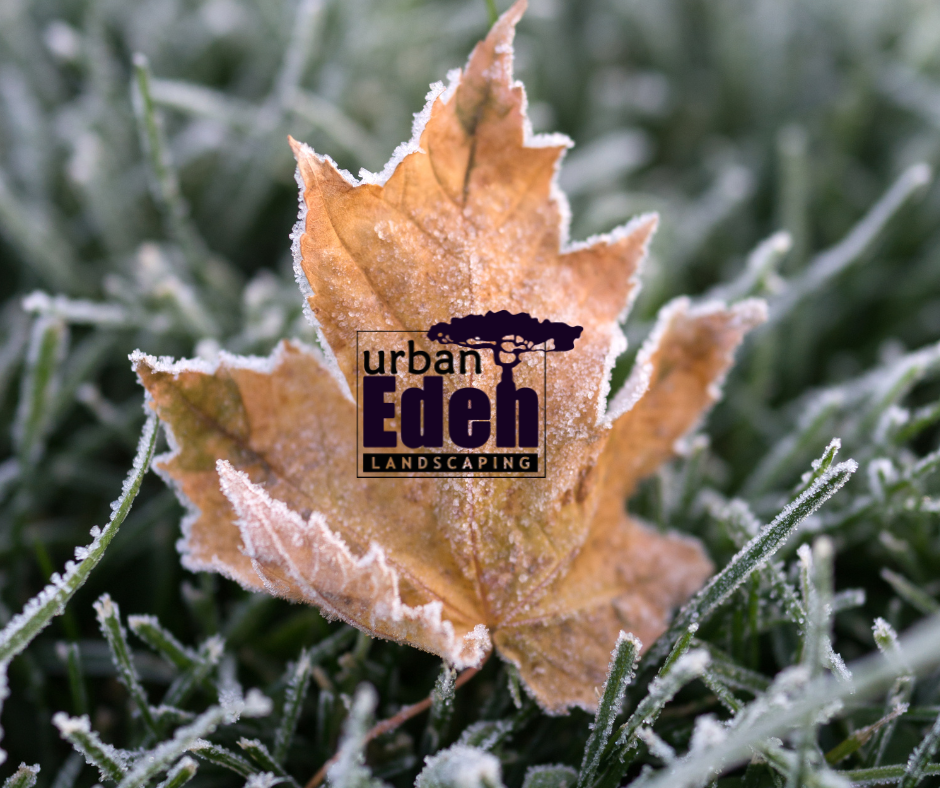Many people think that once winter comes around their lawn goes into complete hibernation mode. But what they may not know is that wintertime is a very opportune timeframe to lay the groundwork for the year to come. By taking advantage of the cooler months in Camas, Washougal, and Vancouver, Washington, you can address some serious issues before warmer weather takes them to another level. In this post, you’ll learn about 5 ways to improve your lawn in winter.
Overseeding
Winter is an excellent time to overseed your lawn. Once you spread additional seed over your lawn, it can provide a thicker and more resilient coat of grass come springtime. Make sure to choose a high-quality grass type that fits well with your climate and soil structure. Overseeding will help fill in bare patches, increase density, and enhance the resistance against pests and diseases.
Soil Testing and Amendments
Use the slow time of winter to conduct a soil test. By understanding the levels of pH and nutrients you will be able to make informed decisions about soil amendments. Adding lime or sulfur to correct imbalances, or adding organic matter such as compost, will tremendously help soil structure and nutrient availability. Having healthy soil correlates to a healthy lawn.
Winter Fertilization
Even though the grass grows slower during the winter, this doesn’t mean that it doesn’t need nutrients. Consider putting down a balanced fertilizer. This will provide your lawn with essential nutrients that encourage root growth and overall plant health, preparing your plant for the explosion of spring. A steady release fertilizer will slowly give nutrients throughout an extended period.
Winter Watering
Proper hydration is a critical component to a healthy lawn, even in the winter. Regardless of the grass being in a dormant state, it still needs water to stay healthy. Adjust your watering routine to fit with the changes in winter weather. Watering your lawn in the morning will reduce the risk of freezing. Be aware of overwatering, however, since extra moisture can cause fungal issues and/or root rot. Be sure your lawn is provided with at least 1 inch of water per week, including rainfall.
Pest Prevention
Winter can bring its own set of challenges when it comes to lawn pests. While some pests are like us and would hate to live outside in the winter months, others thrive in those same conditions. Take the time to look for damages and consider using dormant oil as a preventative measure against wintering pests. Always consult a professional if you are unsure of the specific pest damaging your lawn.
By adding these 5 strategies to your lawn care routine this winter, you can make a huge dent in the journey towards improving the health and longevity of your lawn. If you don’t let the cold weather stop you from creating the thriving environment you crave, your lawn will be the envy of your neighborhood come spring. Your winter efforts will provide a greener and easier spring to come. If you would rather not worry about caring for your lawn in winter, Urban Eden would love to help. Contact us today or fill out our FREE estimate request form now.

